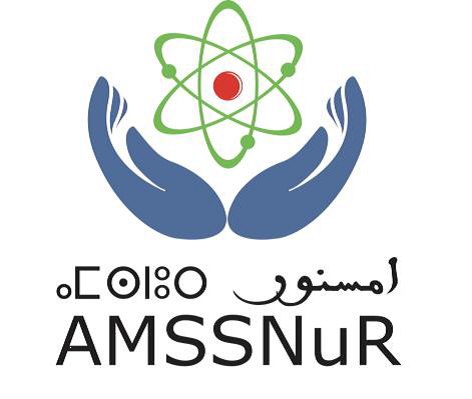The EU Project 5.01 13B on Nuclear Safety and Safeguards in Southern Africa attracts attention at the first International Regulators Conference on Nuclear Security on the continent, convened in Morocco


In view the relevance of the nuclear and radiological security globally and especially for the African continent, The Moroccan Agency for Nuclear and Radiological Safety and Security (AMSSNuR) convened, under the patronage of King Mohamed VI, the third edition of the International Regulators Conference on Nuclear Security, in Marrakech, Morocco, from 1 to 4 October, 2019. The event sought to further strengthen and sustain national, regional and international cooperation, and enhance capacity building for nuclear security around the world in general and, in Africa, in particular. In this context the ISTC implemented African projects received due attention.
Participants in the forum took interest in the sustainable development of the uranium mining industry in the SADC region. They noted that the implementation of the safety and security regimes and safeguards associated with uranium mining, milling, processing, and associated transport is important for the effective management of the sector. If uranium transportation safety and security measures are ignored, resources may be needed to handle the cascading problems. Enhancing operational safety practices is required for the protection of the people and the environment. Noting that uranium products are most vulnerable while in transit, additional safety and security measures are required to mitigate against these risks.
The International Science and Technology Center (ISTC) is currently implementing an EU Funded Project entitled MC5.01/B15 Support to the Southern African States in Nuclear Safety and Safeguards comprising five work packages. Since 2018, the African Center for Science and International Security (AFRICSIS) is implementing work package III of the project – legal regime for the transport of uranium products in four countries (Malawi, Namibia, Tanzania and Zambia) as well as on a SADC regional dimension.
The participating African countries are currently involved in uranium extraction, are transiting states for uranium export, or plan to start uranium exploitation activities in the future. The national reports that are deliverables from the Project contain overviews of the existent safety and security regimes and the needed legislations or policies to meet international standards and best practices. Additionally, the Project aims to improve the capacity of Southern African Development Community (SADC) Secretariat to coordinate and serve its Member States in developing a regional regulatory framework on uranium transport safety and security.
Members of the Project’s pool of experts presented a paper on the existing safety and security frameworks, challenges, and opportunities for the strengthening and harmonization of nuclear regulatory frameworks in Malawi, Namibia, Tanzania, Zambia, and in the SADC region at large. The paper depicts the overall situation of the safety and security regimes in the participating countries - enacted laws, promulgated regulations, and established policies - that are applicable to uranium mining, processing, reclamation, long-term stewardship, transportation, and security.

